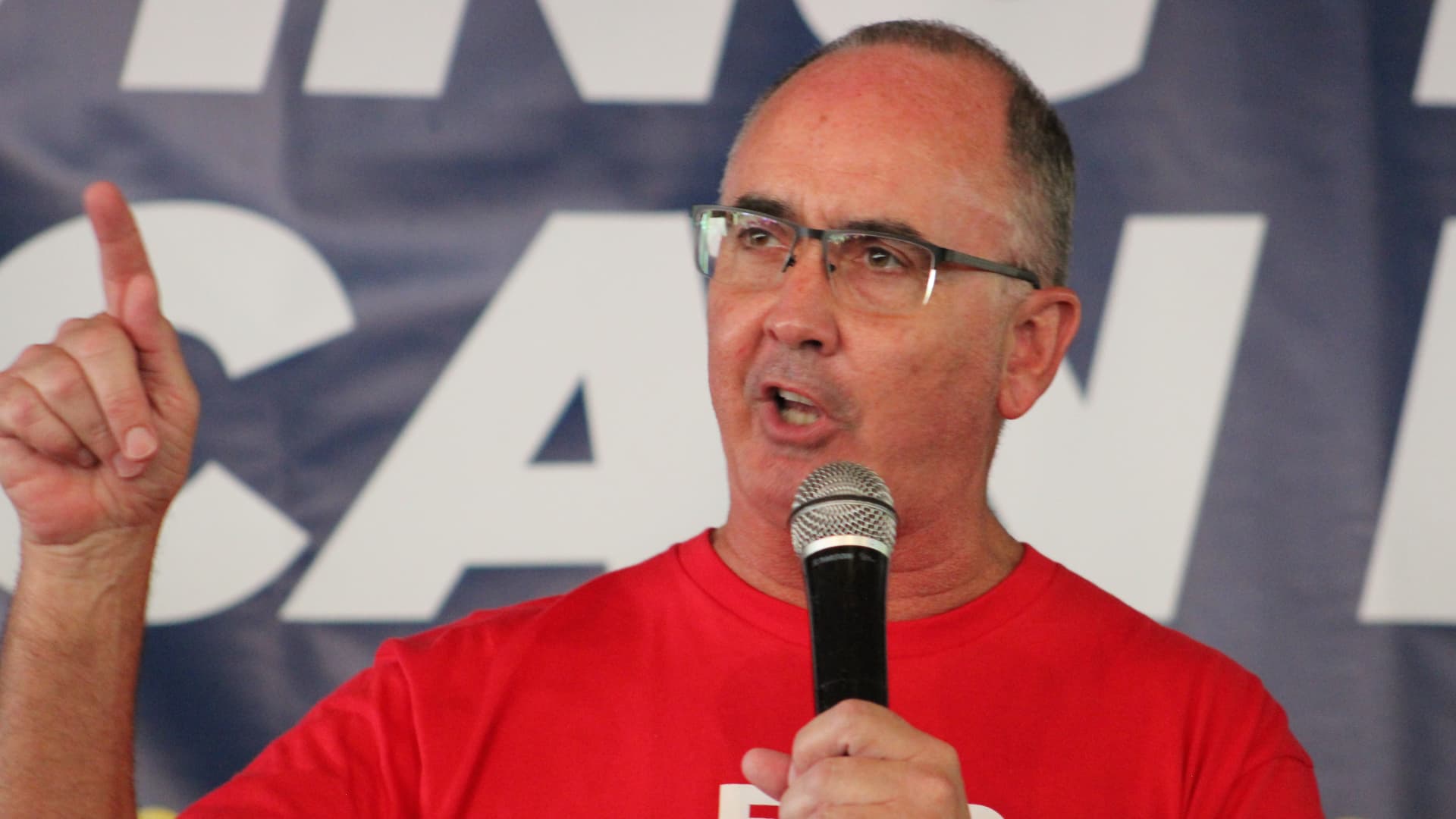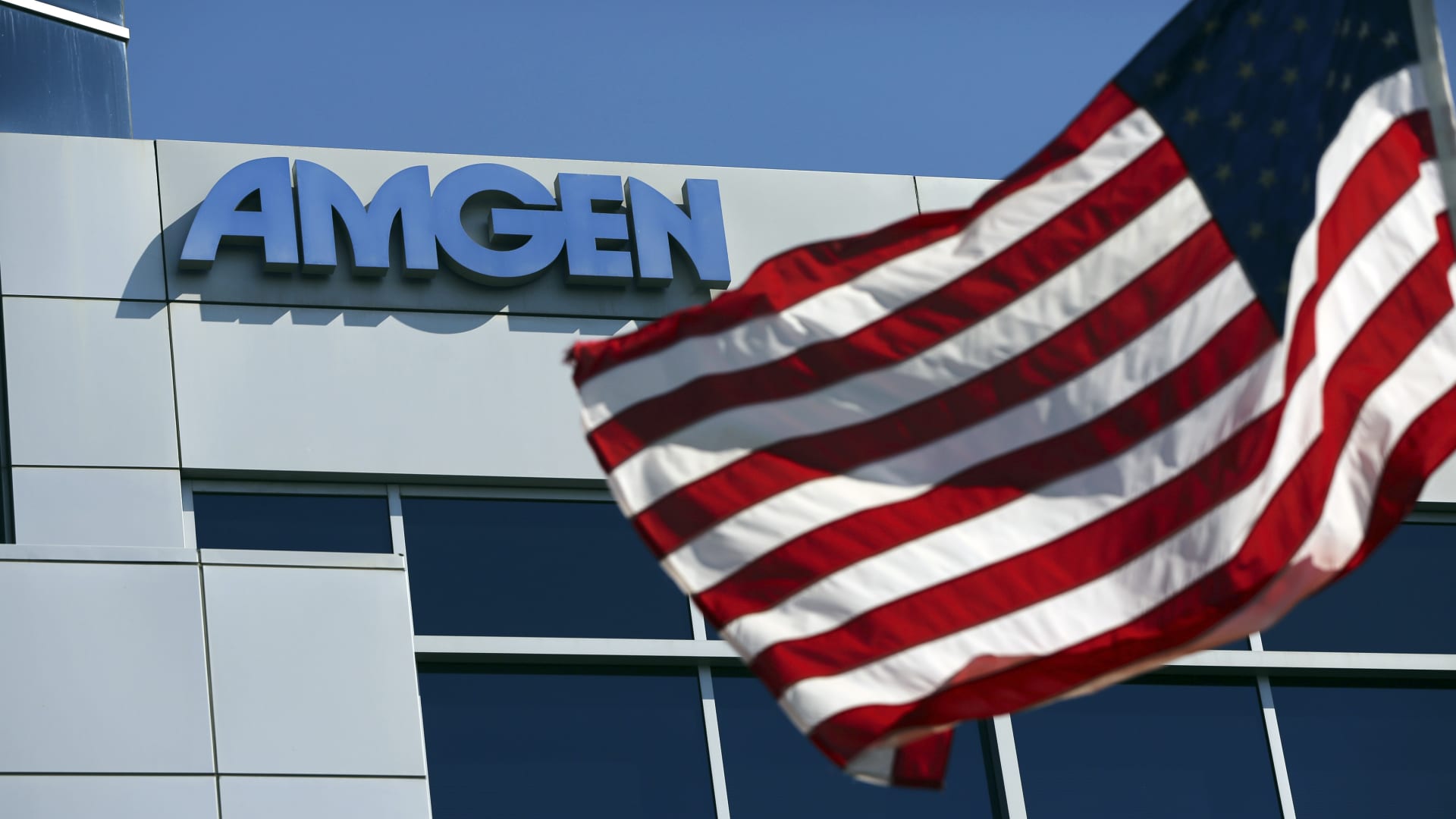US Markets
Thursday, August 31st, 2023 8:20 pm EDT

DETROIT — United Auto Workers has filed unfair labor practice charges against automakers General Motors and Stellantis to the National Labor Relations Board for not bargaining with the union in good faith or a timely manner, UAW President Shawn Fain said Thursday night.
The Thursday filings followed the companies not responding to the union’s demands in a timely matter, Fain said. The union did not file a complaint against Ford Motor, as Fain said the company responded to the UAW’s demands with a counterproposal he heavily criticized.
“GM and Stellantis’ willful refusal to bargain in good faith is not only insulting and counterproductive, it’s also illegal,” Fain said during a Facebook Live. “That’s why today, our union filed unfair labor practice charges, or ULPs, against both GM and Stellantis with the National Labor Relations Board.”
Stellantis said it has not yet received the NLRB complaint, “but is shocked by Mr. Fain’s claims that we have not bargained in good faith.”
“This is a claim with no basis in fact, and we are disappointed to learn that Mr. Fain is more focused on filing frivolous legal charges than on actual bargaining,” the company said in an emailed statement. “We will vigorously defend this charge when the time comes, but right now we are more focused on continuing to bargain in good faith for a new agreement. We will not allow Mr. Fain’s tactics to distract us from that important work to secure the future for our employees.”
GM’s statement echoed Stellantis’ regarding the NLRB charges: “We are surprised by and strongly refute the NLRB charge filed by the International UAW. We believe it has no merit and is an insult to the bargaining committees. We have been hyper-focused on negotiating directly and in good faith with the UAW and are making progress,” said Gerald Johnson, GM executive vice president of global manufacturing.
The NLRB also did not immediately respond regarding additional details of the filings.
Regarding Ford’s recent proposal, Fain called it “concessionary.” He said it included a 9% wage increase over the four-year term of the deal, one-time lump sum bonuses and unlimited use of temporary workers who are paid less and don’t have the same benefits. The company also rejected “all of” the union’s job security proposals and “quality of life proposals” such as additional paid holidays and a shorter work week, Fain said.
“Ford’s wage proposals not only failed to meet our needs, it insults our very worth,” Fain said.
In response to the comments, Ford released a lengthy statement by CEO Jim Farley and additional details of its proposal compared with the prior negotiations four years ago, including 15% guaranteed combined wage increases and lump sum payments.
“This would be an important deal for our workers, and it would allow for the continuation of Ford’s unique position as the most American automaker — and give us the flexibility we need within our manufacturing footprint to respond to customer demand as the industry transforms,” Farley said in the publicly released statement. “This offer would also allow Ford to compete, invest in new products, grow and share that future success with our employees through profit sharing.”
Ford noted that its proposal includes a six-year grow-in period to top wages compared to eight years; $12,000 “cost-of-living” bonuses over the span of the deal; $5,500 ratification bonuses; 25% increase in base wages for temporary workers; and other improvements over the last contract but not in line with the union’s previous demands.
The union’s demands have included a 46% wage increase, restoration of traditional pensions, cost-of-living increases, reducing the workweek to 32 hours from 40 and increasing retiree benefits.
This post has been syndicated from a third-party source. View the original article here.




